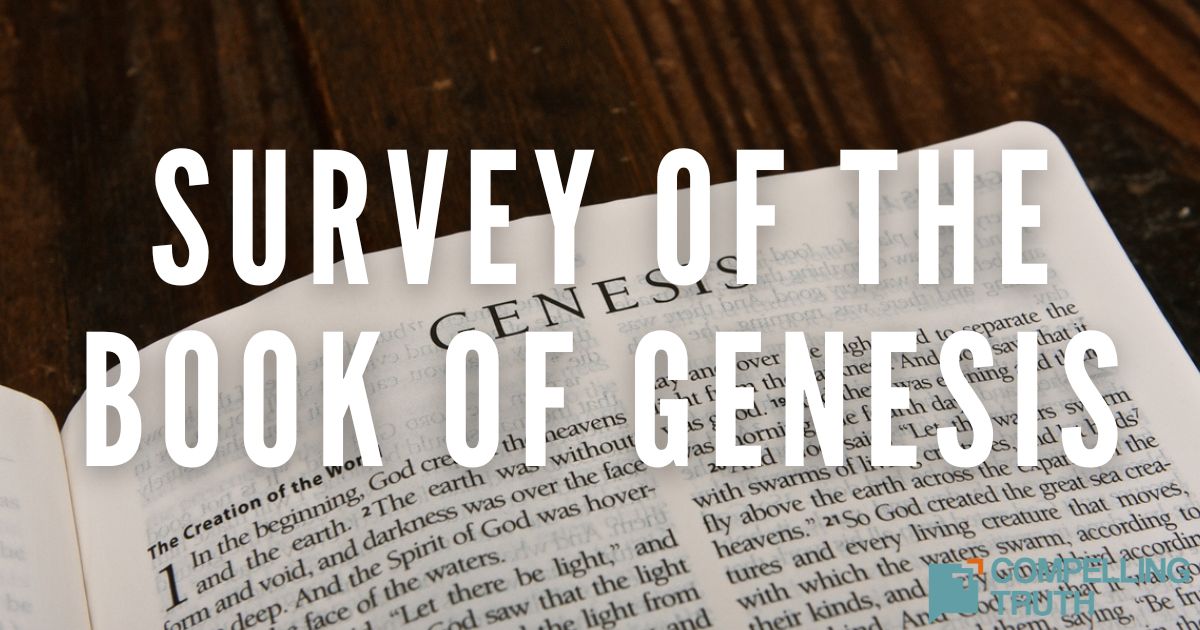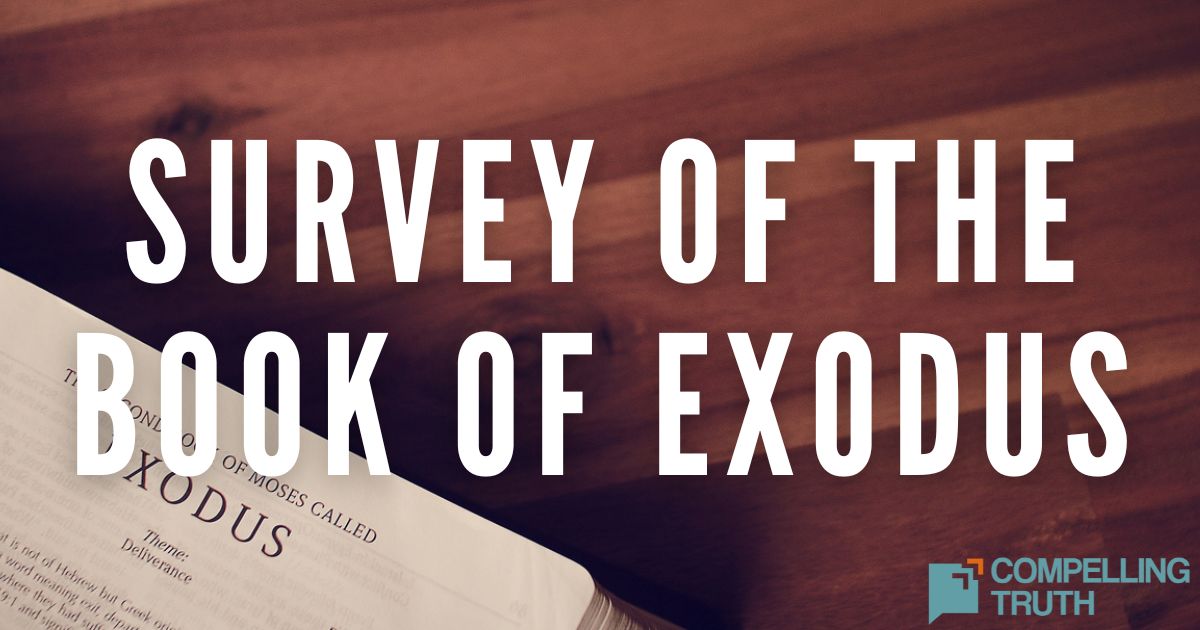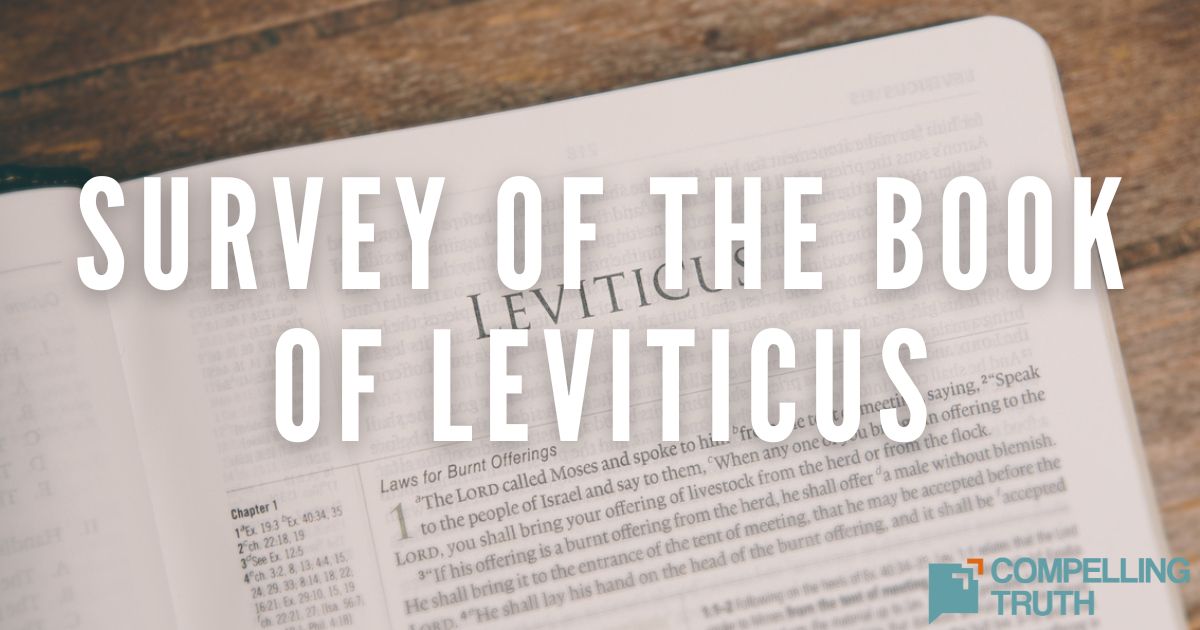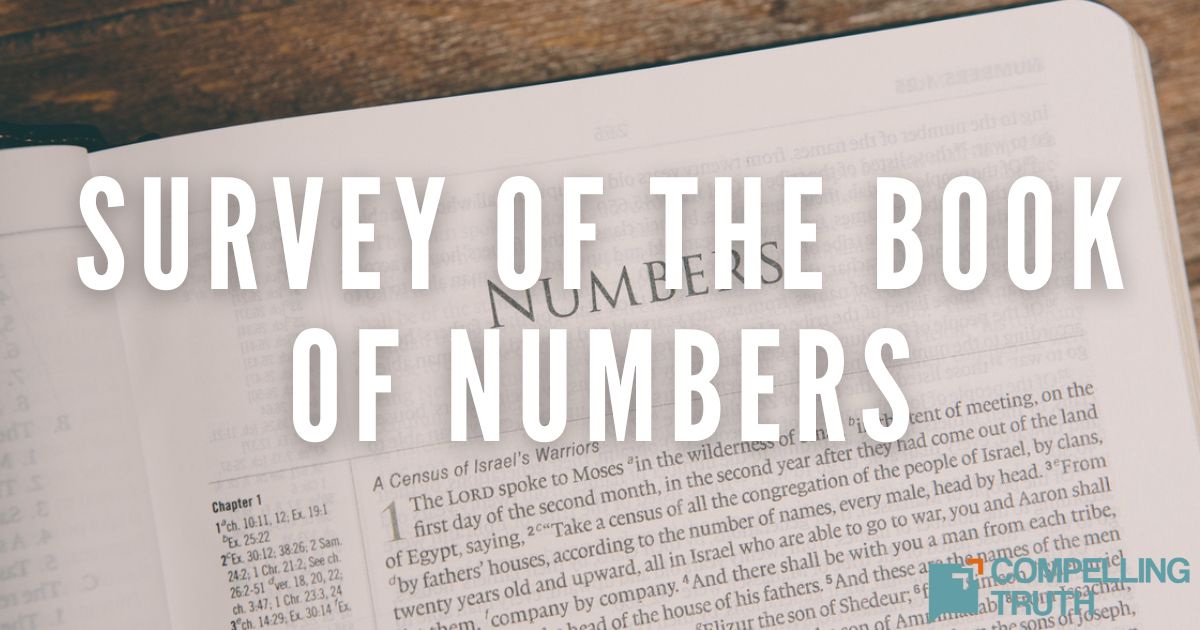Deuteronomy is Moses’ final address to a new generation of Israelites, reminding them of God’s faithfulness and calling them to obey His commands as they prepare to enter the Promised Land. The book centers on choosing between blessing and curse, rooted in love and obedience to God, and it anticipates the need for heart transformation that would be fulfilled through Jesus. Jesus frequently quoted Deuteronomy, affirmed its authority, and fulfilled its promises, especially as the Prophet like Moses and the bearer of the curse for our sins. The New Testament highlights how Deuteronomy points to the gospel, showing the continuity between the Law and God’s plan of salvation through faith. Today, Deuteronomy’s call to love God wholeheartedly and teach His Word to the next generation remains just as urgent for believers.
Many of the Israelites' failures through their history stemmed from forgetting God's law and His faithfulness. Moses made sure that the next generation would know who God was and what He had done, and His calling on their lives to obey and conquer the land and receive His blessing. Throughout the book, Moses urges the Israelites to teach the Law to their children, to have it written throughout their homes, presiding over everything they did. While the Mosaic law does not apply to us the same way it did to the Israelites, it is still relevant to our lives. And teaching our children about God and His ways is certainly a practice we need to follow today (Ephesians 6:4). The Bible is not just stories or instructions, but the inspired Word of God. Moses said the words of the Law were "your very life" (Deuteronomy 32:47). The same is true for us (2 Timothy 3:16–17). We need to be diligent to keep God's Word before us and to teach our children about God so that they, too, may have a personal relationship with Him through Jesus Christ.
Jesus showed us one of the most important parts of Deuteronomy when He said, "The most important [commandment] is, 'Hear O Israel: The Lord our God, the Lord is one. And you shall love the Lord your God with all your heart and with all your soul and with all your mind and with all your strength.' The second is this: 'You shall love your neighbor as yourself.' There is no other commandment greater than these" (Mark 12:29–31). Christians today have the ability to fulfill this commandment in a way that the Israelites were not able to, because we have seen the fulfillment of Deuteronomy 30:6. Jesus has fulfilled the Law (Matthew 5:17) and made the one time sacrifice that forgives our sin (Hebrews 10:10; Romans 5:12–21). God has given us changed hearts: by His Spirit, He has circumcised the hearts of all who accept Jesus' sacrifice on their behalf through faith (Romans 2:25–29; 2 Corinthians 5:17–21; Ephesians 2:1–22; Colossians 2:11–15). God Himself gives us the power to love Him with all of our heart, with all of our soul, and with all of our mind, and to love others with His love, as He continually works to sanctify us (John 15:1–17; Romans 8:28–39; Philippians 2:12–13).
Key verses:
"You shall not add to the word that I command you, nor take from it, that you may keep the commandments of the LORD your God that I command you" (Deuteronomy 4:2).
"Hear, O Israel: The LORD our God, the LORD is one. You shall love the LORD your God with all your heart and with all your soul and with all your might. And these words that I command you today shall be on your heart. You shall teach them diligently to your children, and shall talk of them when you sit in your house, and when you walk by the way, and when you lie down, and when you rise. You shall bind them as a sign on your hand, and they shall be as frontlets between your eyes. You shall write them on the doorposts of your house and on your gates" (Deuteronomy 6:4–9).
"For you are a people holy to the LORD your God. The LORD your God has chosen you to be a people for his treasured possession, out of all the peoples who are on the face of the earth. It was not because you were more in number than any other people that the LORD set his love on you and chose you, for you were the fewest of all peoples, but it is because the LORD loves you and is keeping the oath that he swore to your fathers, that the LORD has brought you out with a mighty hand and redeemed you from the house of slavery, from the hand of Pharaoh king of Egypt. Know therefore that the LORD your God is God, the faithful God who keeps covenant and steadfast love with those who love him and keep his commandments, to a thousand generations" (Deuteronomy 7:6–9).
"He said to them, 'Take to heart all the words by which I am warning you today, that you may command them to your children, that they may be careful to do all the words of this law'" (Deuteronomy 32:46).




